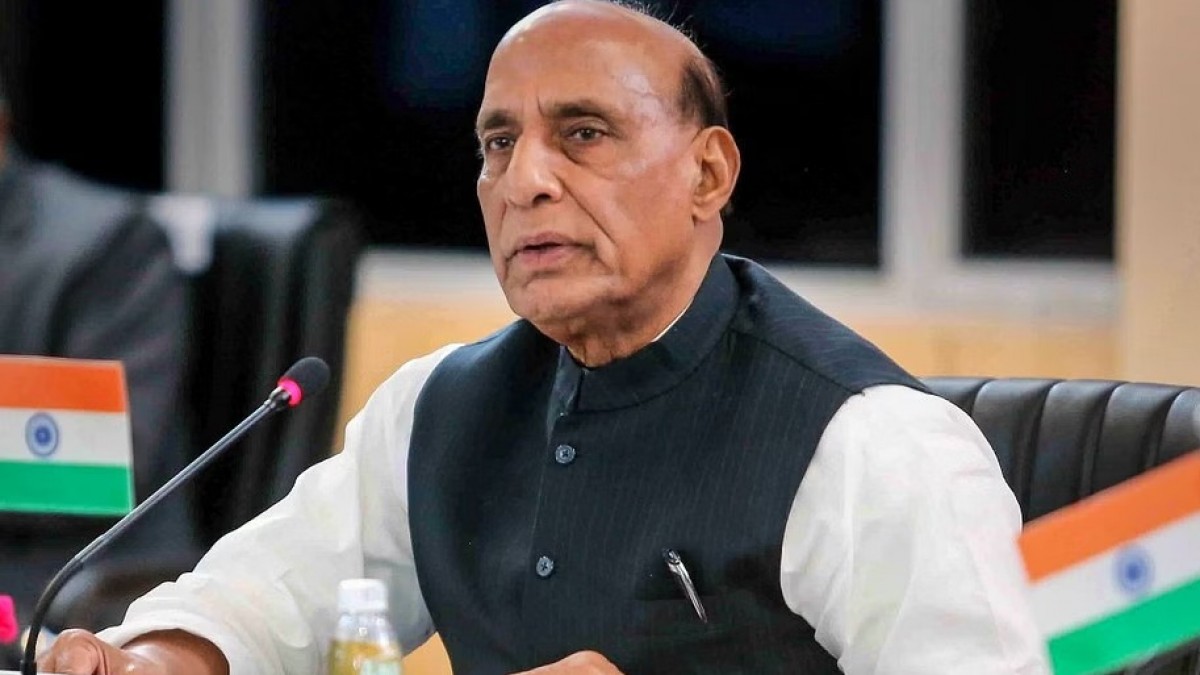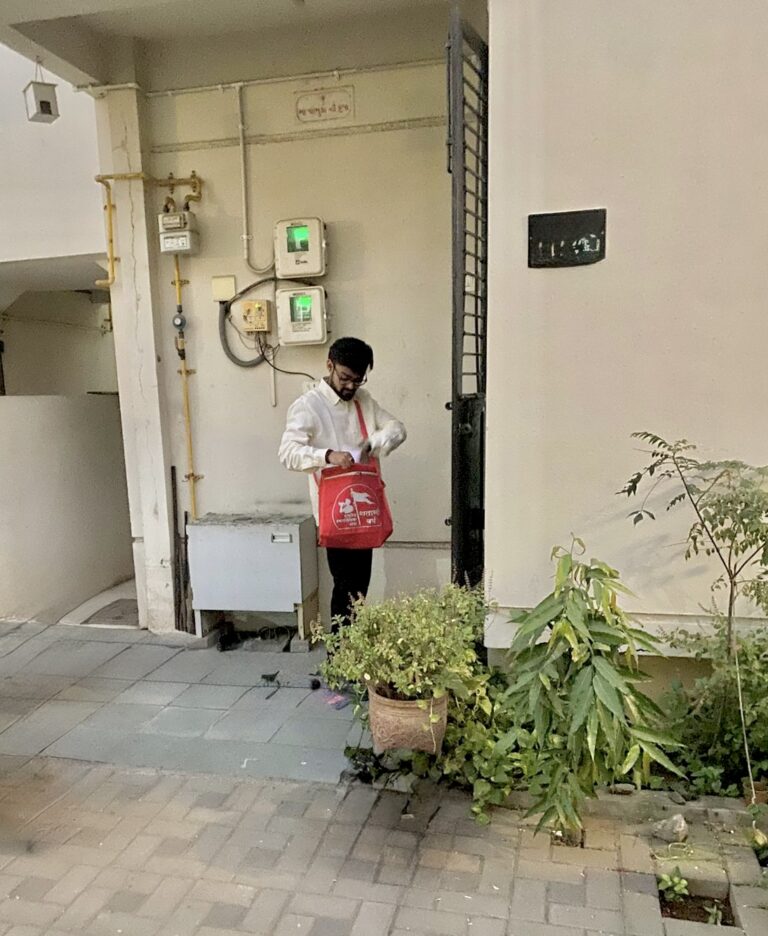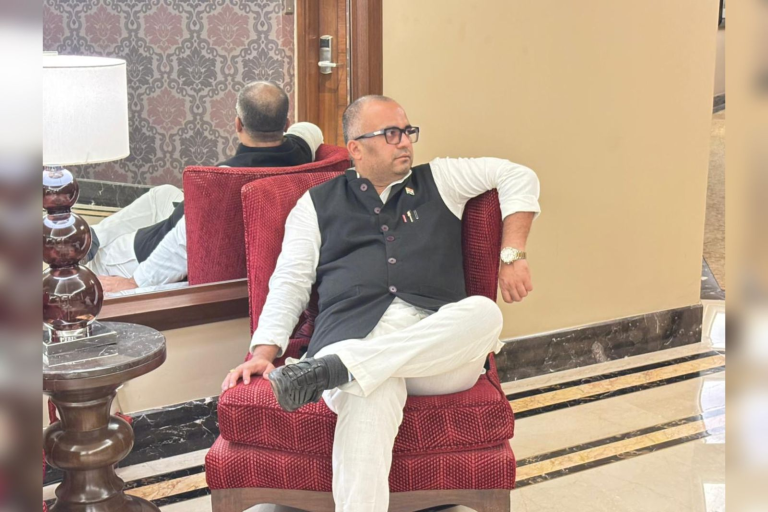
Defence Minister Rajnath Singh announced that India’s defence exports are expected to reach ₹20,000 crore in the coming months. He highlighted the significance of the upcoming UP Defence Industrial Corridor (UPDIC), where over 95% of the required 1,700 hectares of land has been acquired.
Speaking at the ‘Defence Dialogues’ event in Lucknow, Rajnath Singh stated that defence equipment exports, which stood at around ₹1,900 crore in 2014, have now surged to approximately ₹16,000 crore. He expressed confidence that the figure will touch ₹20,000 crore soon. He emphasized the goal of India becoming a developed nation, economically and militarily self-reliant, by 2047.
The UPDIC aims to reduce India’s dependence on foreign sources in the aerospace and defence sectors. Rajnath Singh assured that manufacturing activities at UPDIC would not be limited to defence spare parts but encompass a range of products. He emphasized the significance of the corridor in enhancing India’s defence preparedness.
The Defence Minister outlined the diverse range of products that would be manufactured at UPDIC, including drones, UAVs, electronic warfare weapons, aircraft, and Brahmos missiles.
He provided an update on the progress of UPDIC, stating that 600 hectares of land have been allocated to 46 industries and institutions. Notably, 109 MoUs, valued at ₹60,000 crore, have been signed, with ₹2,500 crore already invested by various entities. Rajnath Singh expressed confidence in the project’s success, linking the nodes of UPDIC in Agra, Aligarh, Lucknow, Kanpur, Jhansi, and Chitrakoot to a promising future.
Rajnath Singh praised Chief Minister Yogi Adityanath for his active involvement and interest in the UPDIC project.
Highlighting the transformational changes in India’s defence sector, the Defence Minister mentioned that 75% of defence capital acquisition has been reserved for the domestic industry, amounting to over ₹1 lakh crore in the current fiscal year. He also emphasized the allocation of 25% of funds for industry-led research and development. Furthermore, the licensing process for private companies’ participation in the defence sector has been simplified.
Rajnath Singh stressed the importance of collaboration between the armed forces, industries, academia, and research to support the mission of an “atma nirbhar Bharat” (self-reliant India). He emphasized that self-reliance encompasses not only meeting domestic defence requirements but also developing the capacity to export arms and equipment to other nations.








